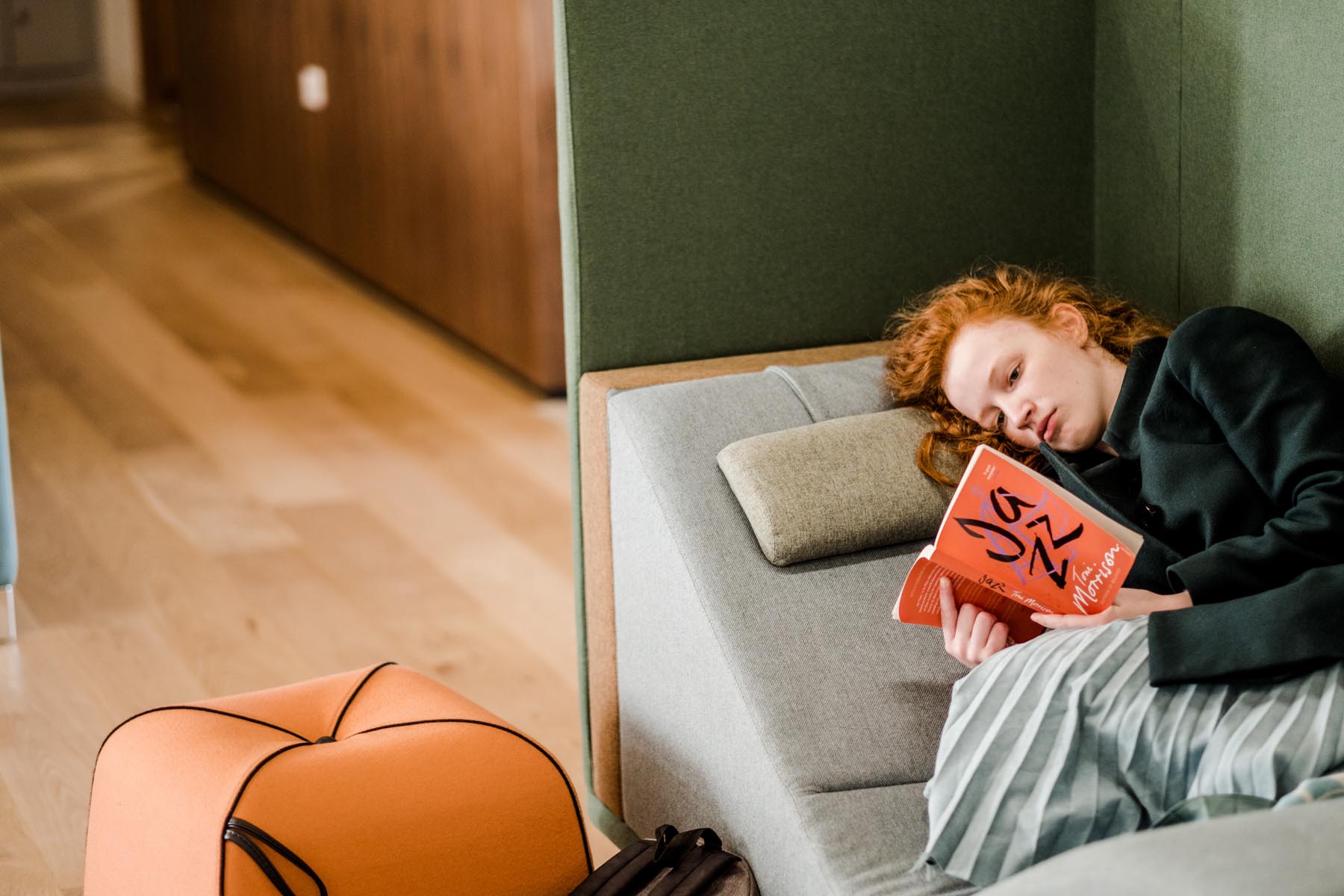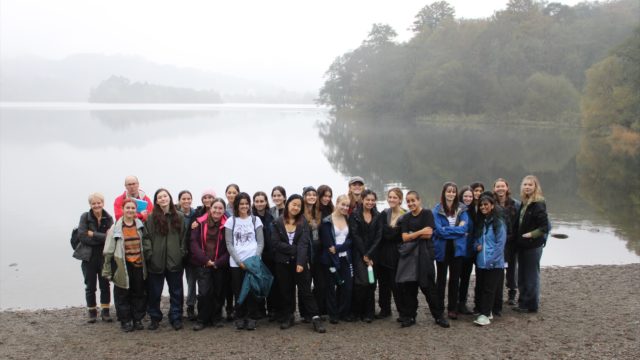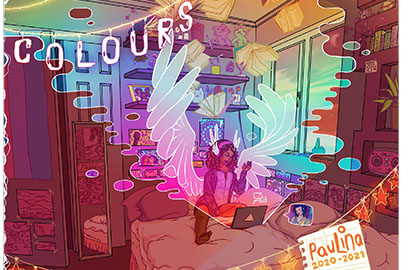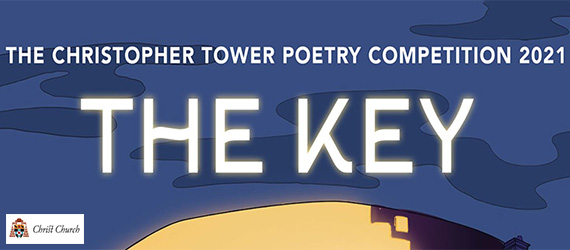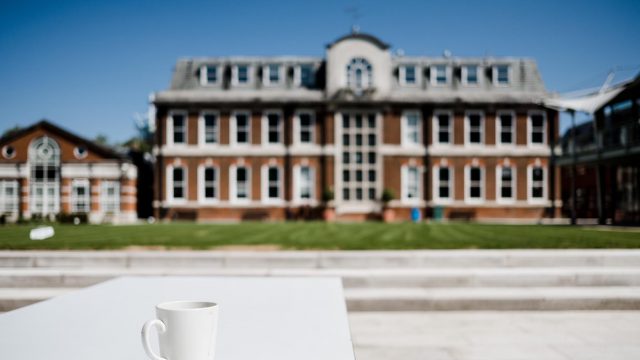English
The members of the English department at St Paul’s Girls’ School form a diverse group but we share a profound love of literature and a passionate belief in its power to help human beings to understand the world, the past, other people and themselves. We are unapologetically literary in our focus and we believe that students of all ages and backgrounds can respond to and be delighted by the works of the great writers in English from all periods and all parts of the globe.
Curriculum
We study a Shakespeare play in nearly every year and introduce a nineteenth-century novel from the UIV (Year 8). We follow the Cambridge IGCSE because of its emphasis on demanding works of canonical literature. In the Senior School, we follow the Eduqas A Level in English Literature, an exciting course which allows students and teachers to explore their own literary interests across the whole range of periods and genres.
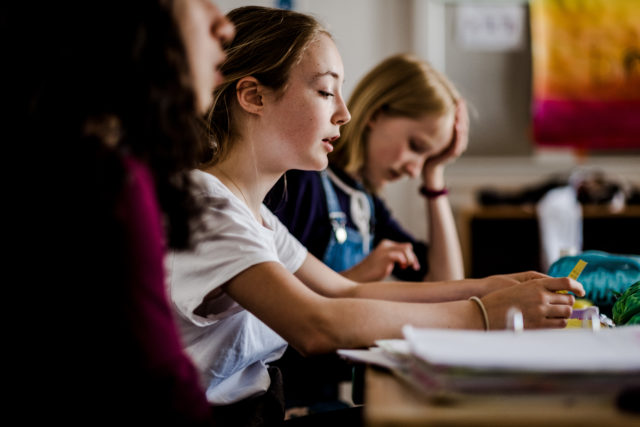
Creative writing
We see the development of our students’ own creative writing as an essential complement to the reading and analysis of the work of the great writers of the past and present. To this end, we take every opportunity in lessons to encourage students to experiment with self-expression in a range of literary forms and genres. A member of staff has responsibility for the development of co-curricular creative writing and there is a weekly creative writing group. Paulinas are also encouraged to enter local and national competitions such as the Tower Poetry competition and the Foyle’s Young Poet, often with great success. Every year a group of students spend a week on a residential creative writing course led by published poets. We regularly host visiting writers and celebrate the work of our home-grown writers through our annual magazine.

Clarity and accuracy
Even if you don’t end up as a poet, the ability to write clearly, fluently and accurately will be an essential part of your everyday professional and personal life. We care about accuracy and aim to ensure that all students can spell and punctuate correctly, know how a sentence works and take pleasure in the subtleties of English syntax and punctuation. Lessons are dedicated to spelling, punctuation and grammar and students are continuously assessed. We also practise writing in non-fiction forms, learning to write economical summaries, journalistic articles and argumentative speeches.
Pupils exhibit exceptional communication skills. ISI Inspection Report 2019
Reading
Reading is precious and lies at the heart of all that we do. We have a fortnightly library lesson, where students can read for pleasure, silently and undisturbed, and can consult teachers for recommendations. We treasure our library and work closely with the librarians to ensure that our collection is constantly evolving, reflecting students’ interests but also challenging them to venture away from ‘comfort reading’ or old favourites.
